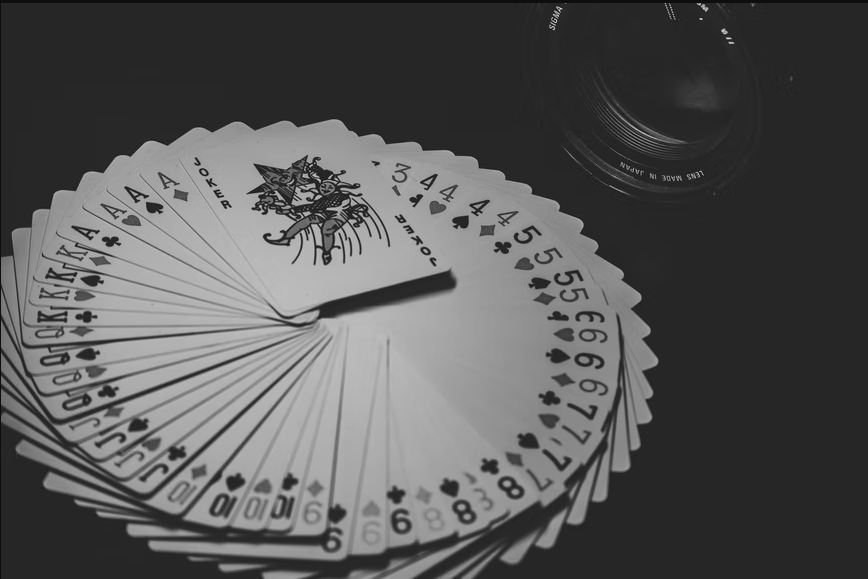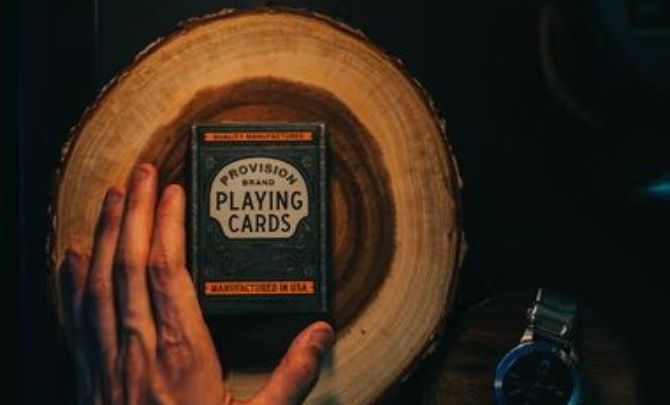Some activities never lose their appeal, no matter how many times you’ve enjoyed them or how long they’ve been around for. Card games are a prime example of this; after all, who among us hasn’t played a round or two of poker, rummy, snap, crazy eights, or 52 card pick-up in our time?
Yes, playing cards are ubiquitous, but there’s a lot more to these everyday items than meets the eye. For instance, do you know why there are 52 cards in a playing deck?
Here are five interesting facts about cards and card games that will enlighten you.
1. Card games have their origins in China
Historians have discovered that the earliest existing paper playing cards may have originated in 9th century China. Legend has it that the Tang dynasty Emperor Muzong (820 – 824) was rather fond of playing these so-called domino cards. A paper version of mah-jong tiles, these cards were traditionally decorated with animal symbols including horses, crows, fish, rabbits, and the auspicious golden pheasant.
2. Poker truly is an OG game
The popularity of poker really cannot be underestimated, nor can its impact on pop culture and gaming as a whole. While it largely came to fame during the days of the Wild West in America, poker experts have since discovered that the roots of the game can be traced back to almost a thousand years ago.
One school of thought is that poker is a direct descendent of the card-based domino games that originated in Tang dynasty China. This, then, would make the game over 10 centuries old. However, some historians are of the opinion that our modern-day poker game is actually a version of the 16th-century Persian game, As-Nas.
Similar: Quick Facts: What Determines House Edge in Blackjack?
3. Blackjack’s little-known hand
Blackjack is one of those games that’s had a long and colorful history, and it is just as popular today as it ever was. In fact, blackjack could well be at the height of its popularity since it’s one of the staple games of the iGaming industry, which encompasses digital online casinos and poker gaming.
One of the more appealing aspects of blackjack is that the rules of play are relatively straightforward – the aim is to beat the dealer while scoring as close to 21 as possible. However, there’s a little-known fact about the gameplay of blackjack that wider gaming enthusiasts may not know – the 21 + 3 side bet, which is essentially a three-card poker hand that you can play alongside a traditional blackjack hand. It is an advanced strategy, but when used by experienced players it can give an extra advantage during a game.
4. The hidden meanings in a card deck

While the exact origins of playing cards will probably always elude us, we can trace the development of the modern-day deck to 16th-century Europe. As such, the cards, suits, and even the colors in the deck we still use today were all selected for their symbolism.
Take the red and black colors of the classic 52-card deck, which were reportedly chosen to symbolize nighttime and daytime. The 52 cards themselves, meanwhile, correspond to the number of weeks there are in the Gregorian calendar and historians believe the 12 court cards typify the 12 months in the year.
Then there are the 13 values of each suit (Ace to King), which are said to represent the 13 lunar cycles of the year and, of course, the four suits themselves represent the four seasons of spring, summer, autumn, and winter.
5. Is Rummy the most popular card game on the planet?
If there’s one card gaming activity that truly fosters a sense of community and social bonding in its gameplay, it’s rummy. From Ireland to India, you’ll find large numbers of people who enjoy playing this card-melding game. Rumour has it that it too was derived from the very first card games played by the citizens of the earth all those centuries ago.
What is certain, though, is that there are over 20 variations of rummy that are still played all over the world today. There’s Gin Rummy, Kalooki, Three Thirteen, Indian Rummy, Knock Rummy, Continental Rummy…the list goes on! Then, there are the games like Bridge and Pinochle, which are said to have been derived from rummy games.
